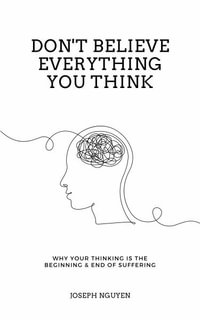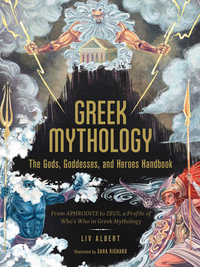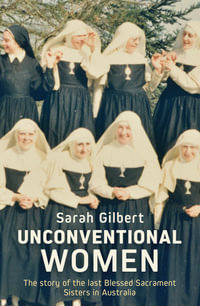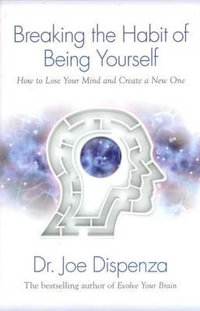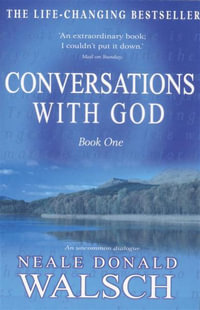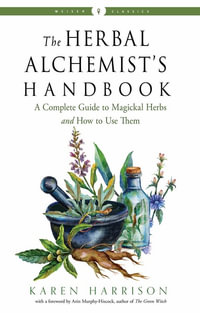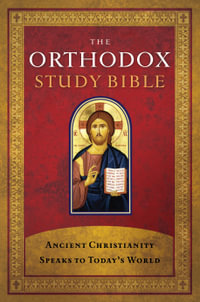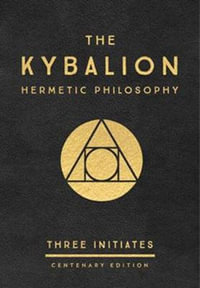Contrary to popular belief, the medieval religious imagination did not restrict itself to masculine images of God but envisaged the divine in multiple forms. In fact, the God of medieval Christendom was the Father of only one Son but many daughters-including Lady Philosophy, Lady Love, Dame Nature, and Eternal Wisdom. God and the Goddesses is a study in medieval imaginative theology, examining the numerous daughters of God who appear in allegorical poems, theological fictions, and the visions of holy women. We have tended to understand these deities as mere personifications and poetic figures, but that, Barbara Newman contends, is a mistake. These goddesses are neither pagan survivals nor versions of the Great Goddess constructed in archetypal psychology, but distinctive creations of the Christian imagination. As emanations of the Divine, mediators between God and the cosmos, embodied universals, and ravishing objects of identification and desire, medieval goddesses transformed and deepened Christendom's concept of God, introducing religious possibilities beyond the ambit of scholastic theology and bringing them to vibrant imaginative life.
Building a bridge between secular and religious conceptions of allegorized female power, Newman advances such questions as whether medieval writers believed in their goddesses and, if so, in what manner. She investigates whether the personifications encountered in poetic fictions can be distinguished from those that appear in religious visions and questions how medieval writers reconcile their statements about the multiple daughters of God with orthodox devotion to the Son of God. Furthermore, she examines why forms of feminine God-talk that strike many Christians today as subversive or heretical did not threaten medieval churchmen.
Weaving together such disparate texts as the writings of Latin and vernacular poets, medieval schoolmen, liturgists, and male and female mystics and visionaries, God and the Goddesses is a direct challenge to modern theologians to reconsider the role of goddesses in the Christian tradition.
Industry Reviews
"Newman has challenged and confused the established ways of medievalists. . . . When we look back fifty years from now, we will see this book as one that changed the face of scholarship and maybe even our understanding of Christianity itself." * Caroline Walker Bynum, Common Knowledge *
"Extraordinary. . . . Although it is impossible to do justice to the breadth of knowledge so impressively displayed in this book, it is important to note how pleasurable it is to follow Newman's path through the alternatingly familiar and strange material she examines." * Journal of the American Academy of Religion *
"In this provocatively and eloquently written study, Barbara Newman has directed her lifelong passion for the feminine in medieval Christian literature toward a finely tuned reading of female figures who have previously been approached (or misunderstood?) as allegories, personifications, symbols, or perhaps at best as feminine archetypes." * Speculum *
"When Barbara Newman refers to 'goddesses' in the context of medieval belief, she is entirely serious. She cautions us that uncompromising monotheism should not be thought of as an inflexible norm. . . . Her range of evidence is phenomenal. . . . The lack of easy recognizability has impeded us from seeing what Barbara Newman has now placed majestically before us." * Times Literary Supplement *
"The thesis is succinctly rendered by the book's title God (not Gods) and the Goddesses. This thesis suggests that the Church failed in its efforts to create a truly monotheistic religion. . . . An important contribution to medieval historical and literary scholarship." * Utopian Studies *
"In her erudite and provocative book, Newman has given historians of Christianity much to discuss and to ponder." * International Review of Biblical Studies *
"Rich and absorbing." * Modern Philology *
"This is a big book, not simply in pages but in sheer breadth of vision." * Medium Aevum *



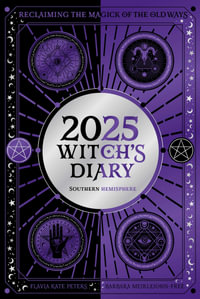

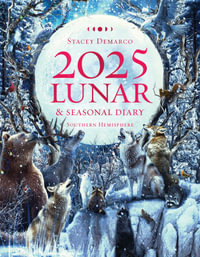

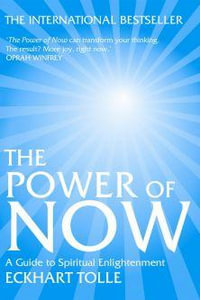

![NRSV Catholic Bible Gift Edition [White] : Holy Bible - Thomas Nelson](https://www.booktopia.com.au/covers/200/9780785230380/2211/nrsv-catholic-bible-gift-edition-white-.jpg)

